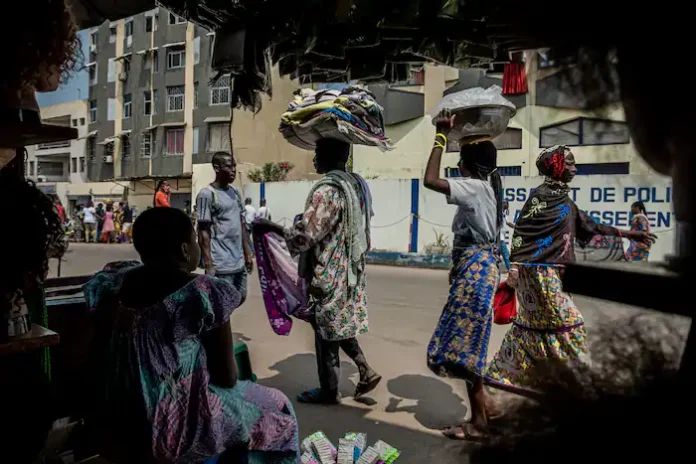NIGERIA, self-styled ‘Giant of Africa’, faces a grim challenge that undercuts a potential greatness: an alarmingly low life expectancy. Recently, the presidential candidate of Labour Party (LP) in the 2023 general elections, Peter Obi brought this dire situation to light, that life expectancy in Nigeria ranks among the lowest globally. Backing this assertion with blunt statistics and vivid descriptions, Obi’s statements resonated deeply around the country, with calls for introspection and for something that is badly lacking, which is concrete action to stem the menace.
Globally, the average life expectancy stands at approximately 72.6 years. In stark contrast, Nigeria’s life expectancy hovers around 54.3 years or thereabouts, placing it near the bottom of worldwide rankings. This gap between Nigeria and other nations reveals a worrisome disparity in health and well-being. Neighbouring African countries like Ghana and Senegal boast higher life expectancy, at 63.4 and 67.1 years respectively, emphasizing that Nigeria’s issues are merely specific to it.
Venturing beyond the continent, comparisons become even more jarring. Switzerland enjoys an average life expectancy of 83 years, Japan 84.5 years and Australia 82.8 years. These countries, through effective governance, robust healthcare systems and sound economic policies, ensure their citizens reach advanced ages. Nigeria’s dismally low life expectancy is an unambiguous indicator of the systemic failures plaguing the country. Several interlinked factors contribute to Nigeria’s low life expectancy, with insecurity and economic hardship being among the most critical.
One of the biggest threats to life expectancy is the rampant insecurity across Nigeria. Terrorist activities by groups like Boko Haram, as well as herdsmen, kidnappers and bandits have led to thousands of premature deaths. These acts of violence decimate populations and instil a pervasive sense of fear and instability, preventing a nation from thriving despite enormous potentials.
More so, the economic landscape is fraught with challenges. High unemployment rate, widespread poverty and inflation reduce the quality of life, while there is barely access to essential services. The World Bank reports that about 40 per cent of Nigerians live below the poverty line. Economic hardship forces many to forego healthcare, nutritious food and adequate shelter, all of which are crucial for longevity.
Worrisome still is the deficiency of the nation’s healthcare sector. Nigeria’s healthcare system is riddled with problems such as the lack of accessible and affordable medical services, insufficient healthcare infrastructure and dearth of trained medical professionals. High maternal and infant mortality rates are direct reflections of these issues. Preventable diseases like malaria, typhoid and cholera still claim many lives due to inadequate healthcare responses.
Another factor is the low level of education, especially health education, contributing significantly to poor life expectancy. A lack of knowledge about disease prevention, healthy lifestyles and when to seek medical help all have fatal consequences. Furthermore, misinformation and traditional practices sometimes lead to harmful health behaviours.
Environmental degradation, pollution and inadequate sanitation are also culprits. In many areas, clean drinking water is a near-impossible and pollution from industries and poor waste management leads to health complications. Addressing these issues require a multi-faceted and determined approach by governments at all levels- federal, state and local, in partnership with international organizations, private sector stakeholders and civil society.
The government, particularly at the federal level, must prioritize security, dedicating resources to effectively combat terrorism, banditry, and other forms of violence. This includes better training and equipping security forces, fostering collaboration with local communities and addressing the root causes of unrest such as poverty and political marginalization.
Besides, creating sustainable economic opportunities is needed to significantly improve the people’s standard of living. Henceforth, initiatives should focus on job creation, supporting SMEs, agriculture as well as social welfare to save the country from a looming graveyard.


